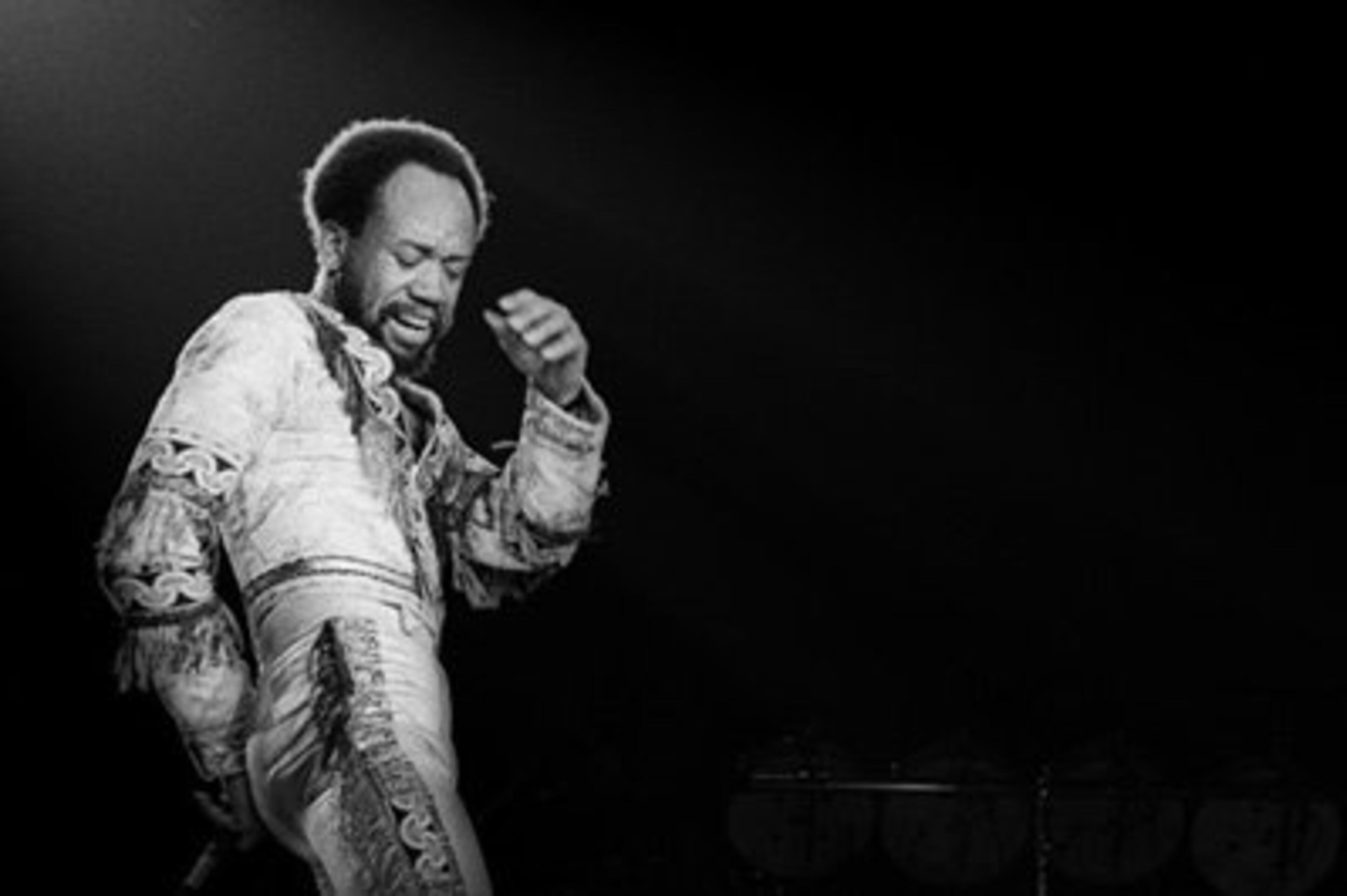An appreciation of Earth, Wind & Fire founder Maurice White

Our local watchdog and economy senior editor Todd Duncan penned this appreciation of Maurice White.

BY TODD C. DUNCAN
Now I know how my parents felt when Ella, Frank, Nina and Dizzy died. More than just the musicians who created the soundtrack of their coming of age years, these legends helped shape their identities, and political and spiritual sensibilities.
For me, the death of Maurice White hits a little harder than just the passing of another R&B superstar. The music and message of his creation, Earth, Wind & Fire, challenged and bolstered me in so many ways.
Not only did they beautifully capture the poetry of the love between two human beings, they tapped into that connective universal tissue that binds and lifts all of us.
His music is soul music.
As a young man growing up in NYC in the ‘70s, I had the privilege to live in an environment and at a time that produced some of America’s best music in every genre, from R&B to jazz to folk rock to punk, and even to early rap.
In the midst of all of this great music, I was drawn to Earth, Wind & Fire. First, their music was an intoxicating blend of jazz, funk, Latin and African rhythms.
White introduced the kalimba, an African hand piano, to audiences here in America.
The Phenix horns were amazing, even in an era of great horn sections.
I always wanted to be Verdine White, the band’s funky bass player, and Philip Bailey’s clear and powerful falsetto garnered the envy of angels.
Their live shows in the ‘70s were spectacular. A stage filled with great musicians wearing amazing technicolor costumes. There were fireworks and even magic tricks developed by magician Doug Henning. (Always loved Verdine playing sideways and suspended by wires).
I would attend every show they performed in New York City for years.
But at the core of the theatrics, though, was the music and Maurice White.
“It’s important for me to communicate higher thought, higher spirit, higher ideas in my music as well as communicate emotionally,” White told the Chicago Tribune in 1985. “It’s important to put the emphasis on the positive aspect.”
EWF’s lyrics touched our higher human desire to connect with each other in a spiritual way, to love ourselves, to love something greater, and to help our fellow man.
“Every man has a place, in his heart there's a space,
And the world can't erase his fantasies
Take a ride in the sky, on our ship Fantasii
All your dreams will come true, right away
And we will live together, until the twelfth of never
Our voices will ring forever, as one.” - Fantasy
“That's the way of the world
Plant your flower and you grow a pearl
Child is born with a heart of gold
Way of the world makes his heart so cold” – That’s the Way of the World
I was drawn to these universal messages as a pre-teenager. I would learn the release dates for every EWF album and head to the Wiz record store on Jamaica Avenue in Queens to be one of the first people to buy the record.
I would travel home as fast as I could and listen to the album over and over, carefully reading the lyrics printed on the inside album cover, looking for deeper meanings and personal enlightenment.
I studied the amazing artwork on the album covers, the images inspiring me to read books about other religions and spiritual paths.
Even now, whenever I feel overwhelmed or disenchanted, EWF music is still there for me.
Good music has to power to change our lives for the better. It has the power to fill our souls with love and kindness, and hope for a better tomorrow.
Maurice White’s music change my life. No, it actually filled me with life.
I will miss him, but he left us very precious gifts.
The gift of song. The gift of love.


